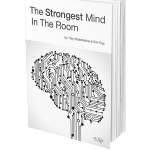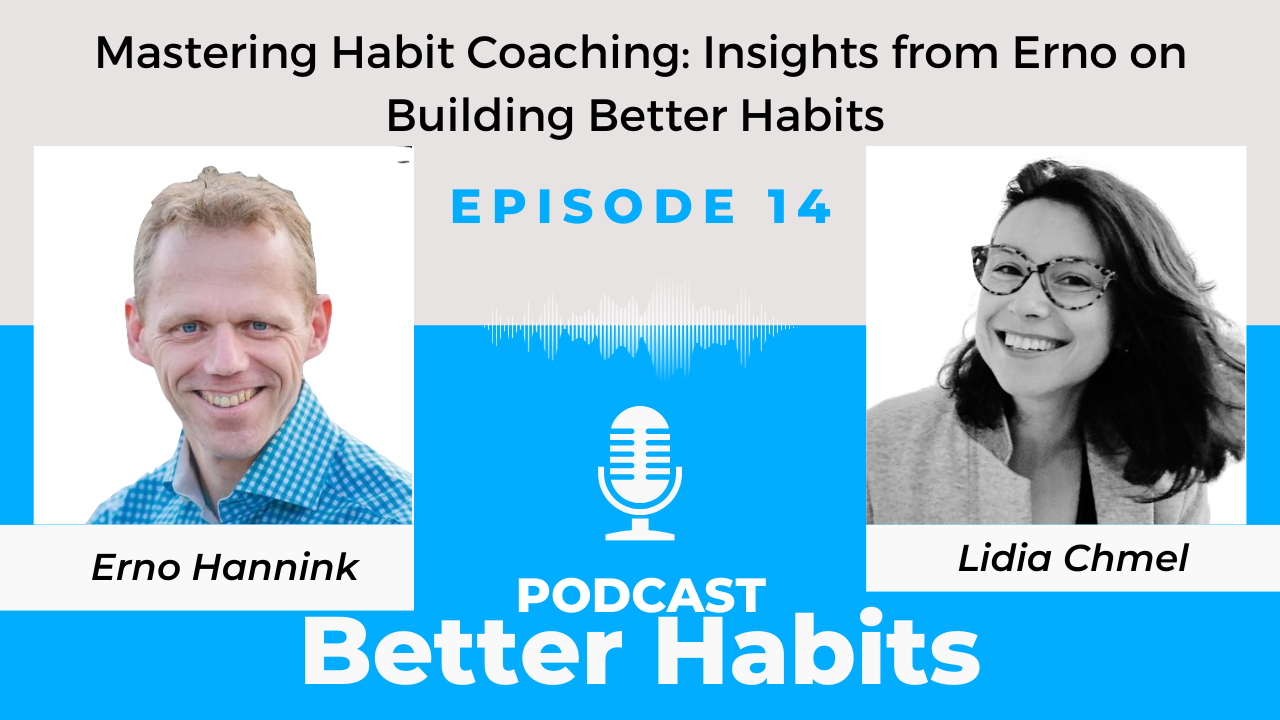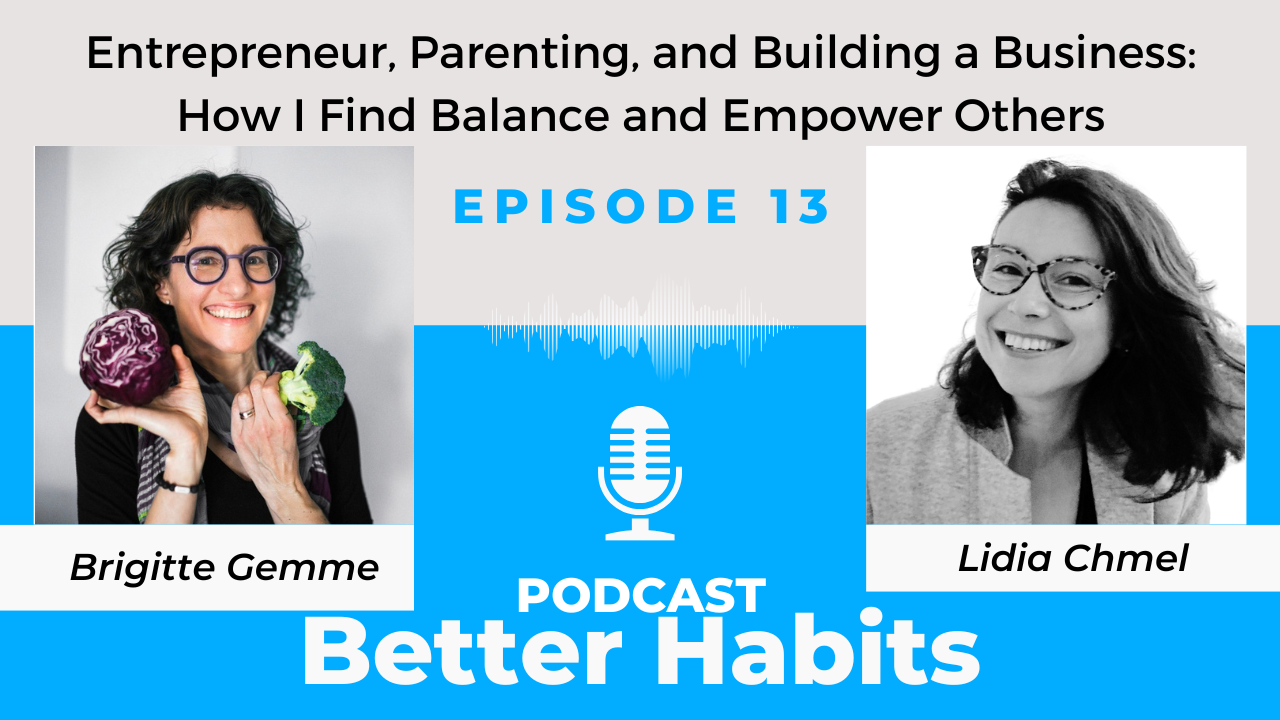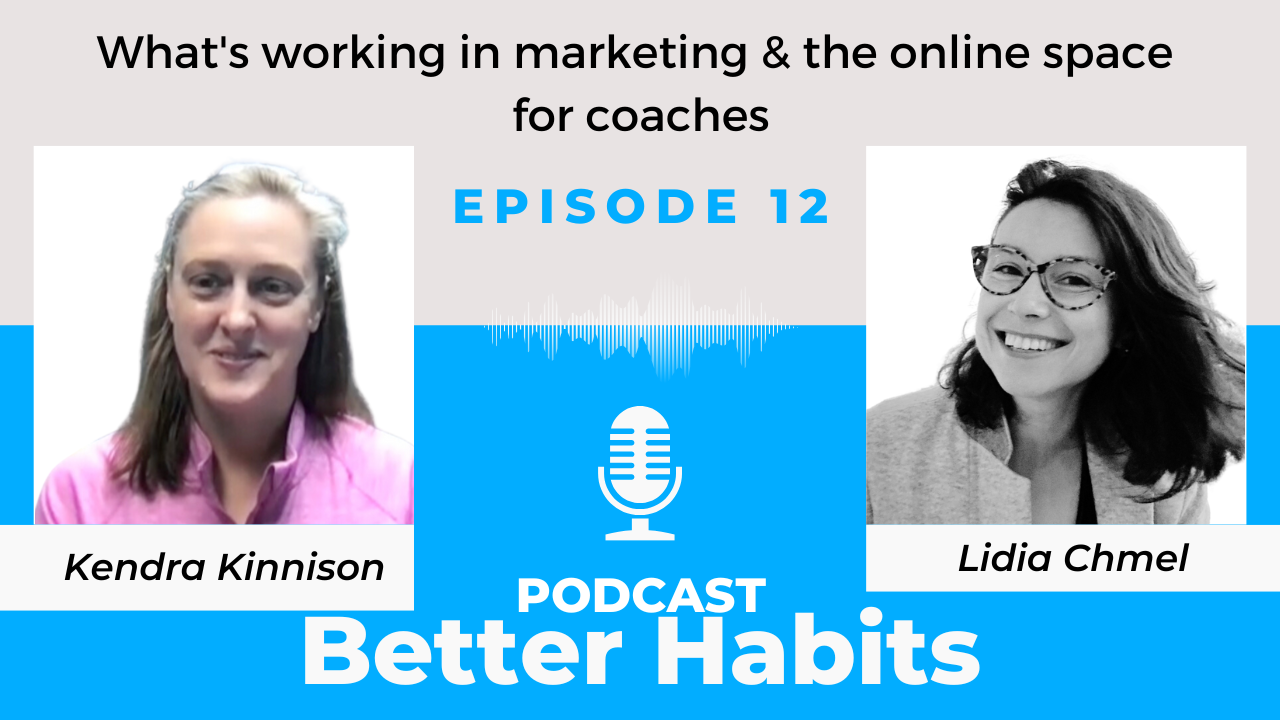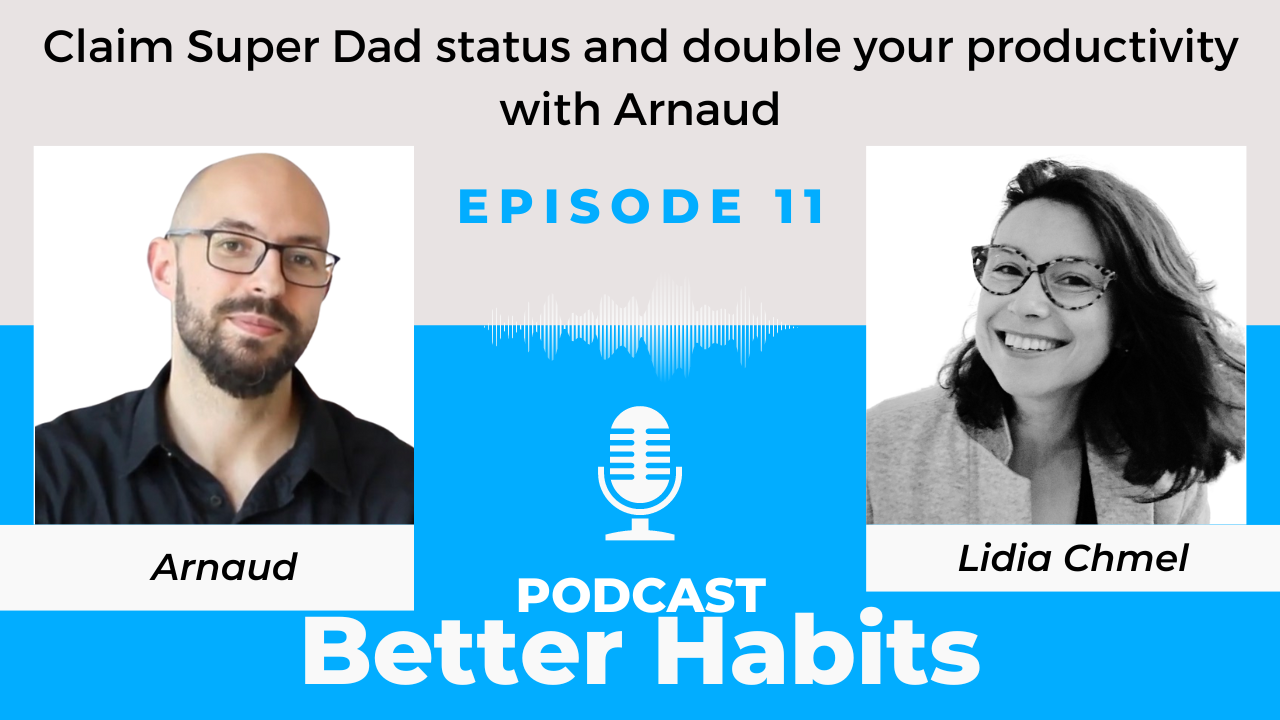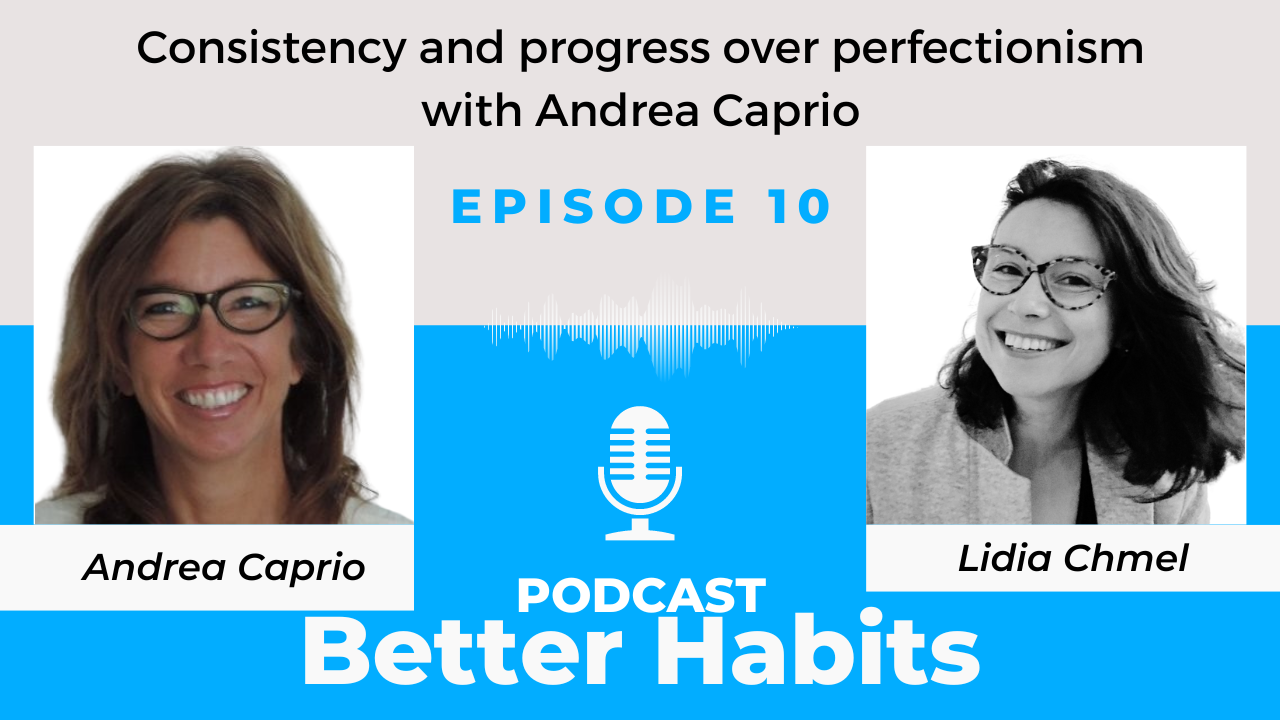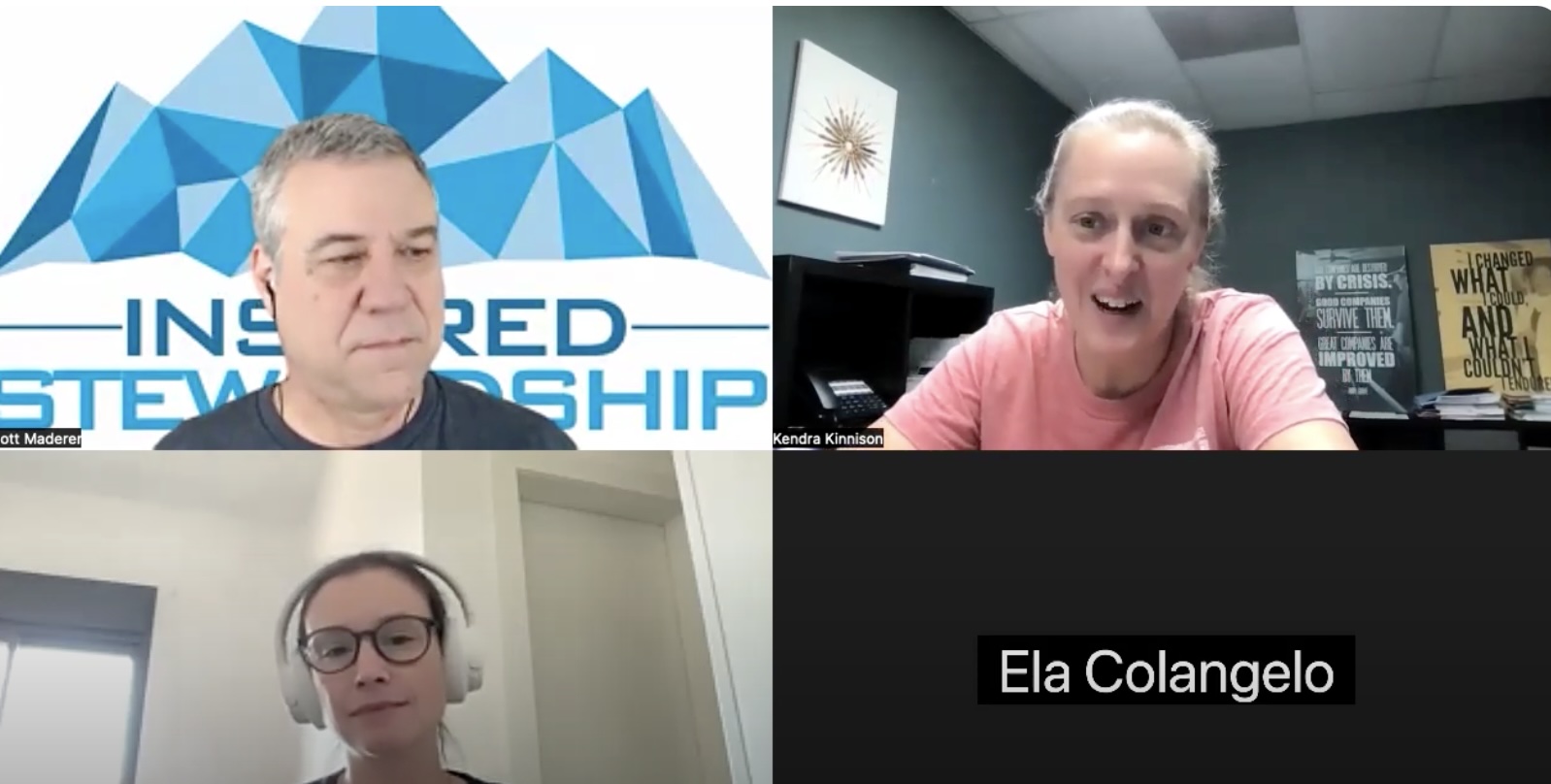“The goal was (and still is) very simple: I wanted to get control of my mind in some way.”
Jeffery Hackert is the Director of Engineering and Development at Chef, a Seattle-based startup that provides IT infrastructure automation services and develops fully-automated server infrastructure for companies. He started meditating as a teenager to boost his mental performance. Jeff told us how meditation helped him succeed back then and how it helps him now as a manager and tech leader.
Why did you start meditating? What was your goal?
I started meditating when I was in my early teens. The goal was (and still is) very simple: I wanted to get control of my mind in some way. To make it serviceable and reliable. I am a bit of a restless learner. I tend to get really excited by ideas and this leads to onboarding lots of new information, which is awesome, but it also leads to confusion (not so awesome). I tend to clarify thought with speech, which can be super painful for the uninitiated or unprepared listener. I drove my teachers, family, and friends crazy. To this day, I can be a source of frustration for my colleagues, teachers, and my poor, poor wife.
My first meditation experience came through sitting Zazen. I was pretty young, but the experience of sitting with that group formed a strong impression and the basis for the practice I have today. Roshi demonstrated that there was a path or a method that would result in some change, some calm and that was so incredibly helpful. Don’t get me wrong; I am grateful for that aspect of myself, the drive to learn has served me very well, but meditation has helped to focus that energy in a way that makes it serviceable for myself and others. When my meditation practice is in good shape, my thinking is clearer and that energy gets channeled productively, mostly.
What is your meditation routine?
My meditation practice has two primary components, one secular and one that is more formally Buddhist. The secular practice would be familiar to anyone who has read up on mindfulness. I sit for a fixed period time, focusing my attention on a single object. Sometimes that object is the breath; sometimes it is a perception or some other sense or mental object. The point is to focus the attention, constraining the mind a bit by drawing it back to the object of meditation. When distraction comes, I let it go without judgment and just return to the object. Wash, rinse, and repeat. This has the affect of rooting the mind in the present moment. I have heard this described in terms of training a wild horse or elephant. In my case it is like training a troupe of drunken monkeys, but I may be a special case.
Can you tell me a story about how meditation improved your performance?
Meditation has improved my ability to work with cognitive bias. The way that works is by recognizing that our thoughts and emotions, while valid and reliable in many ways are also temporary and fleeting and often incorrect. It is helpful for instance to know that I do not have to react to strong emotion, that I can allow it to pass. I am free to observe it, to acknowledge it, but I am not bound to it. So I have some freedom and I can use that freedom and space to make more human, more compassionate, and more ethical choices. I think that this is the ground for real leadership. This does not mean I have super powers, I am as prone as anyone to distraction, but when I am present with my colleague’s creativity, productivity, and performance are possible.
Do you think meditation gives you a competitive edge? Why?
Well, I don’t think so exactly. I think the main benefit is for others. I think there is competitive advantage at the organizational level, though. My role is to facilitate, to lead, to create safe spaces for folks to learn and to improve. If I get in the way of that, if I inhibit the creative intelligence of others, I am wasting the most precious resource in the organization. A people manager that inhibits learning within his/her teams is burning money, innovation, and time. I used to work with a manager who spent hours pouring over expense reports. One time he returned one with a long note written in red pencil about why the company could not expense a $0.79 tube of toothpaste. That manger never once asked how valuable the trip had been or what new ideas or learning took place. He saved the company 79 cents, but how much did he waste in missed opportunity and unrealized value?
What is challenging about meditation and how have you overcome that challenge?
For me, sound can be very difficult. Sound is the only sense that is not mediated by the neocortex. It gets into your ear holes and goes right to your central nervous system. I guess I startle easily. I would love to hear how other folks deal with it. My go to strategy has been to just let the sound be present and to not get too hung up about it, but that’s hard when you have to be peeled off the ceiling because a fire truck went by.

